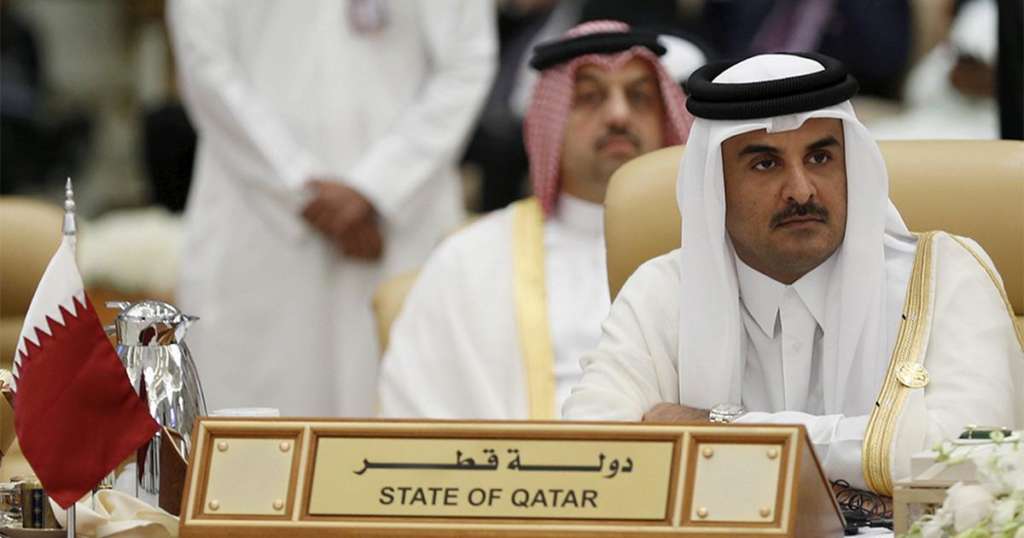In brief words of wisdom directed at an ambitious young writer, a more renowned and established journalist says “Over the years, I was enthralled with seeing my name going to print, but days showed me better.”
“Always be reminded that a newspaper dies at sunset, and that readers are rather keen on being forgetful of the pen behind the words. Do not lose yourself to dreams and illusions— once you find yourself caught up in the clamor of ego take a trip down to the closest library, there you’ll see that the world is greater than you think.”
“The shelves are stocked with books and to each there is an author. Look closely, you’ll discover that they have written grander pieces than you have. And should you ever find success, you can all but hope to be a drop in an overwhelming sea.”
“Modesty is an educator and vanity is an open trap.”
“With time you will learn that the above goes for both journalism and politics—take say, the example in Charles de Gaulle, a French President who overdid self-conceit to the point where the people forced his resignation.”
“Similarly, the concept can be sampled in the experiences of other pompous leaders. Libya’s notorious Muammar Gaddafi was unmistakably envious of historical figures that had their legacy etched in time. Owing to prodigious poets like Al-Mutanabbi rulers like Emir of Aleppo Sayf al-Dawla had managed to endure time. But such phenomenal poets able to carefully and wittily document the lives of leaders in perfectly worded verses of praise emerge once every blue moon.”
Emboldened by economic clout, wealthy leaders wrongly believe that history has tasked them with reshaping the world. They later on abandon their natural duty, which is developing their nations and leaving foreign policy to the guidance of international norms. The fallout is almost always catastrophic.
Some would go as far as saying that Colonel Gaddafi’s “The Green Book” was written for the sole purpose of joining the league of grand pieces of writing like Gamal Abdel Nasser’s “The Philosophy of The Revolution,” or even “The Red Book” by Mao Tse-tung.
We can easily imagine the prosperity Libya would have enjoyed had its leader chosen to invest in a prestigious university rather than supporting the Japanese Red Army and its likes.
The absence of modesty in Gaddafi’s mindset has cost his people, neighbors and the world very dearly.
In another encounter of political pretentiousness, Qatar’s ex-Prime Minister and Foreign Minister Sheikh Hamad bin Jassim arranged a dinner with the then Emir of Qatar Sheikh Hamad bin Khalifa and Libya’s former Prime Minister Mahmoud Jibril and ex-Foreign Minister Abdul Rahman Shalgam.
The meeting took place on the sidelines of the United Nations General Assembly in 2011 in New York.
The dinner was intended to clear the air after a misunderstanding taking place when the Emir of Qatar abruptly interrupted Jibril in a Paris meeting, and in an audience including France’s then President Nicolas Sarkozy and UK former Prime Minister David Cameron.
Qatar’s Emir refuted Jibril’s proposal on disarming paramilitary factions and rebels, and reinstating national institutions and authorities to power.
Hamad’s attempt at mending bridges did not succeed. Qatar’s Emir was determined to leave Jibril without solidified authority over security and defense.
At the time, Doha was committed to giving Abdelhakim Belhaj, a Libyan politician and veteran who fought in Afghanistan, reign over Libya’s security.
Qatar’s foreign policy aggravated the situation later forcing Jibril to resign.
The question is whether the Emir of Qatar or anyone else even has the right to decide who should head the Libyan government and what powers would they enjoy. World major powers, such as the White House and the Kremlin are not entitled to do so, then how is it that others believe that they are –regardless of how affluent they are and how large of an impact their media platform could sway?
Small countries can indeed play big roles, but in terms of leading by example such as presenting a successful model of ruling, cultural prosperity, intellectual advance, or economic success. Taking on rogue conduct in an effort to overturn historically-empowered facts is another story that entails great risk.
Simply put, it is dangerously rash for a geographically limited peninsula to adopt a policy compatible with well-established countries whose roles involve upholding regional security and stability.
It is clear that the Syrian-Qatari-Turkish tripartite axis was set up on the premise of downsizing Saudi and Egyptian regional roles. Qatari sponsorship of the Doha Agreement between rival Lebanese factions was aimed at shackling the Saudi-sponsored Taif Accord.
Two decades ago, Qatar set itself an aggressive policy branded by direct and public interference, especially in the Arab Spring uprisings. This policy is no longer competent due to changes affecting the region and, more importantly, the recent change in Washington. Doha’s policy left it strained on multiple fronts, and in conflict with many states.
Qatar needs to thoroughly review its former policies. A drop of modesty is a key ingredient to building up realistic expectations and in drawing lessons from former experiences.
Modesty helps a state understand where limits must be drawn. A hint of modesty is needed to spare this gas-rich peninsula the price of a painful divorce with its neighbors.
Managing some modesty will benefit Qatar’s interests before those of others. Natural roles must be fulfilled and norms ought to prevail.
